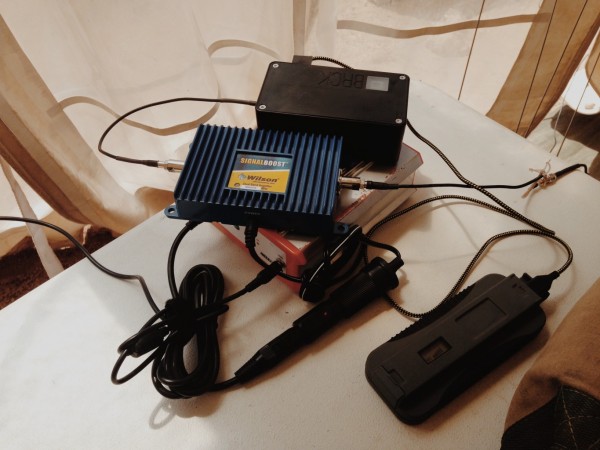If you are used to a reliable internet connection and uninterrupted power supply, you might not appreciate BRCK – a battery-powered modem that will connect you to the internet irrespective of your location. But for the 75 percent in Africa, internet connection is non-existent and erratic at best.
A solution to provide internet to off-grid areas has been hampered by an unreliable or non-existent power connection. It is this kind of unique challenges that spurred the creation of the crowd sourcing platform Ushahidi spearheaded by the ‘father of Kenya’s tech innovation community’ Erik Hersman and Juliana Rotich during the 2007 post-election violence.
Now the team, that includes David Kobia, Reg Orton and Philip Walton, are on a path to disrupt internet access with what is dubbed as ‘the backup generator of the internet’. BRCK is built in Africa for Africa but just like Ushahidi, can be scaled across continents. The wireless modem allows up to 20 users connect to the internet by optimizing on available networks.
“BRCK has mobility in mind, insert a 3G data enabled SIM card in over 140 countries and broadcast a WiFi signal that you can share. If you don’t have a SIM card, BRCK still has you covered, as we have BRCK vMNO for global connectivity with SIM cards,” explains Hersman.
Although the prototypes and testing was done in Kenya, the BRCK team is already thinking global with shipping scheduled for July 17th 2014.
To address the power factor, the gadget has 8 hours of battery power, can be charged using solar or car battery, and has been built to withstand electricity surges. In addition, BRCK has opened up its API to other developers who can build their own custom software on top of the existing platform.
BRCK has the potential to be the third major tech innovation export from Kenya after MPesa and Ushahidi. Investors are backing the idea with the latest round of funding raising $1.2 million in seed funding.
The alternative to BRCK is the costly, power-hungry satellite connection or use the developing TV white space technology.
“To launch a pilot test in three Isiolo schools reaching just over 1,200 – without considering the cost of data – the star-up cost is just over $4,000 for the BRCK’s antennas and solar chargers. While it’s extreme, compare that to the approximately $300 million it costs to build, launch and maintain a satellite internet connection,” Hersman says.
The benefits of extending last-mile connectivity cannot be gain said; from connecting schools in Isiolo, research work at the Mara or sending accurate, timely data in conflict zones, BRCK is not only promising to transform the rugged landscape but also create a whole new platform that can create other useful apps and tools.




































